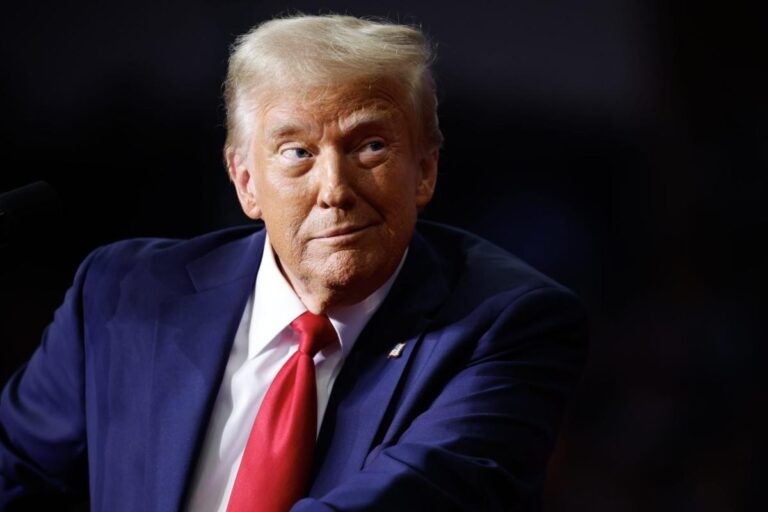Hook: Can the future of crypto in the US be saved from confusion and chaos? One CFTC commissioner believes clear rules are the answer.
On November 21, 2024, Summer Mersinger, a key commissioner at the U.S. Commodity Futures Trading Commission (CFTC), spoke at the North American Blockchain Summit about an urgent need for clear, structured regulations in the cryptocurrency industry. The current approach, which she called “regulation by enforcement,” is causing confusion and uncertainty for crypto businesses. Here’s why this is important and how it could change the way crypto companies operate in the U.S.
The Problem: Chaos in Crypto Regulation
In the U.S., regulatory agencies like the CFTC and the Securities and Exchange Commission (SEC) have been dealing with crypto companies mostly through enforcement actions. This means they’ve been making decisions based on lawsuits and charges, rather than clear rules and guidelines. For example, the recent charges against Uniswap Labs showed that the CFTC is punishing crypto companies for not following unclear rules, even though those companies are trying to do things the right way.
Mersinger believes that using lawsuits to decide how crypto businesses should operate isn’t a sustainable solution. She pointed out how the CFTC was forced to go to court to decide how to classify decentralized organizations (DAOs), like Uniswap—whether they should be treated as corporations or something else. This process of “policy by litigation” is messy and unfair for the crypto industry, leaving businesses uncertain about how to operate legally.
Why It Matters for Crypto Businesses
Crypto companies often get caught up in existing laws meant for traditional industries. For example, decentralized finance (DeFi) platforms are expected to follow the same regulations as regular financial institutions, even though they are different in many ways. This mismatch leads to confusion. The CFTC commissioner highlighted that the lack of official registration options for crypto companies only makes things worse, leaving businesses in the dark when trying to comply with the law.
Mersinger pointed out a major issue: “the information we share publicly with our enforcement settlements really doesn’t offer a lot of guidance for anyone who’s trying to do the right thing.” This means that companies might think they’re following the rules, only to be hit with legal trouble later on. Uniswap, for example, tried to comply but ended up with more charges, even though it paid a small fine to settle the issue.
The Solution: Clear Crypto Regulations
Mersinger is pushing for structured regulations that are clear, consistent, and fair. She believes that if the U.S. government introduces new laws tailored specifically for the crypto industry, it would help companies avoid wrongful litigation and operate more smoothly. It would also create a better environment for innovation, where businesses can thrive without fear of unpredictable legal battles.
Mersinger also emphasized the importance of the crypto industry working with the new administration as soon as it’s in power. She urged crypto leaders to engage with policymakers early and make sure they understand the challenges faced by the crypto sector. Starting these conversations early could help prevent future conflicts and lead to better, more practical regulations for crypto.
Why You Should Care
As a young person interested in cryptocurrency, it’s crucial to understand how regulatory changes can impact the entire industry. Clear regulations would make it easier for crypto companies to innovate without worrying about getting into legal trouble. It could also make the market more stable and trustworthy for investors. If you’re looking to build a career or invest in crypto, understanding the regulatory landscape and supporting the push for better rules could give you a competitive edge.
Key Terms to Remember:
- Regulation by Enforcement: The current strategy where rules are set through lawsuits and charges, instead of clear, official regulations.
- CFTC (Commodity Futures Trading Commission): A U.S. government agency that oversees markets for futures and options, including crypto.
- DAOs (Decentralized Autonomous Organizations): Digital organizations that operate without a central authority, often governed by smart contracts.
- DeFi (Decentralized Finance): Financial services built on blockchain technology that operate without traditional banks or financial institutions.
The Big Takeaway: Clear, structured crypto regulations are vital for the future of the industry. Without them, companies and innovators face uncertainty, while the market risks being bogged down by legal chaos. For anyone in crypto, this is a key moment to pay attention to, as it will shape how the industry grows and operates in the years to come.



